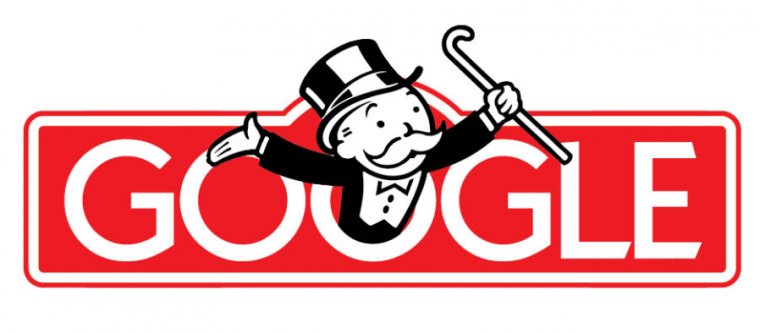
Ron Amadeo / Hasbro
The US Department of Justice is gearing up for a potential antitrust suit against Google’s advertising activities, and a new report from The Wall Street Journal outlines a “concession” Google is offering in response to the investigation. Google could split some of its advertising business and move it to Google’s parent company, Alphabet.
The flesh of the WSJ report says: “As part of one offering, Google has proposed splitting parts of its business that auctions and places ads on websites and apps into a separate company under the Alphabet umbrella, some people said. are valued at tens of billions of dollars depending on the assets it contained.”
The purpose of “splitting” the advertising department is not necessarily to separate the entire advertising department from Google, but to weaken Google’s end-to-end ownership of the advertising business. Currently, the company acts as a broker and auctioneer for advertisements – which is what the DOJ has a problem with. Google makes tools that cover both the buy and sell sides of the web advertising world, which naturally pushes advertisers using Google’s buying tools toward publishers selling ad space with Google’s auction system. Most online systems work the same way. Amazon has an interface where Amazon product sellers sell to Amazon product buyers, Uber has a driver and driver system, but the rules are different if you’re a monopoly as opposed to just “very big.”
The solution proposed here would ensure that the ‘sell’ side of Google Ads is moved to Alphabet and the ‘buy’ side remains with Google. The idea is presumably this move would open the door somewhat for Google to talk to ad systems other than Google’s, but it’s not clear whether Google/Alphabet would be mandated to open.
Is there a difference between “Google” and “Alphabet?”
Commenting on the report, a Google spokesperson told The Wall Street Journal: “We have been working constructively with regulators to address their concerns. As we have said before, we have no plans to sell or terminate this company. ” The spokesperson added: “Strict competition in ad technology has made online ads more relevant, lowered rates and expanded options for publishers and advertisers.”
In the absence of any sort of mandate to open the advertising business, it’s not clear what actual changes would be made by moving some of Google’s advertising business from Google to Google’s parent company. Perhaps casual observers would assume that an Alphabet spin-off sounds like some sort of change, but most seasoned Google watchers, including your author, would struggle to point out any real-world difference between “Google” and “Alphabet.” ‘. In this situation, the head of advertising would stop reporting to Google CEO Sundar Pichai and start reporting to Alphabet CEO Sundar Pichai† Google and Alphabet also have the same CFO and stock symbol, and no Google or Alphabet company would be self-sustainable without Google’s pile of advertising revenue. Alphabet’s business leaders will receive the coveted title of “CEO”, but they still have to meet the financial requirements of Alphabet and the CEO of Alphabet/Google.
Pitching an Alphabet spin-off as some sort of divorce certainly wouldn’t match how Alphabet has worked in the past. Independent Alphabet companies often work together as one entity. We see it often with Deepmind technology in ‘Google’ branded products, with the continued use of the ‘Google’ brand by Google Fiber, and with Alphabet’s venture capital firm ‘CapitalG’, which comes right up and says, ” As part of Alphabet, we have special access to Google’s insights and expertise.” Google would have to do a lot of work explaining what the separation of the alphabet means beyond trivialities in an org chart.

